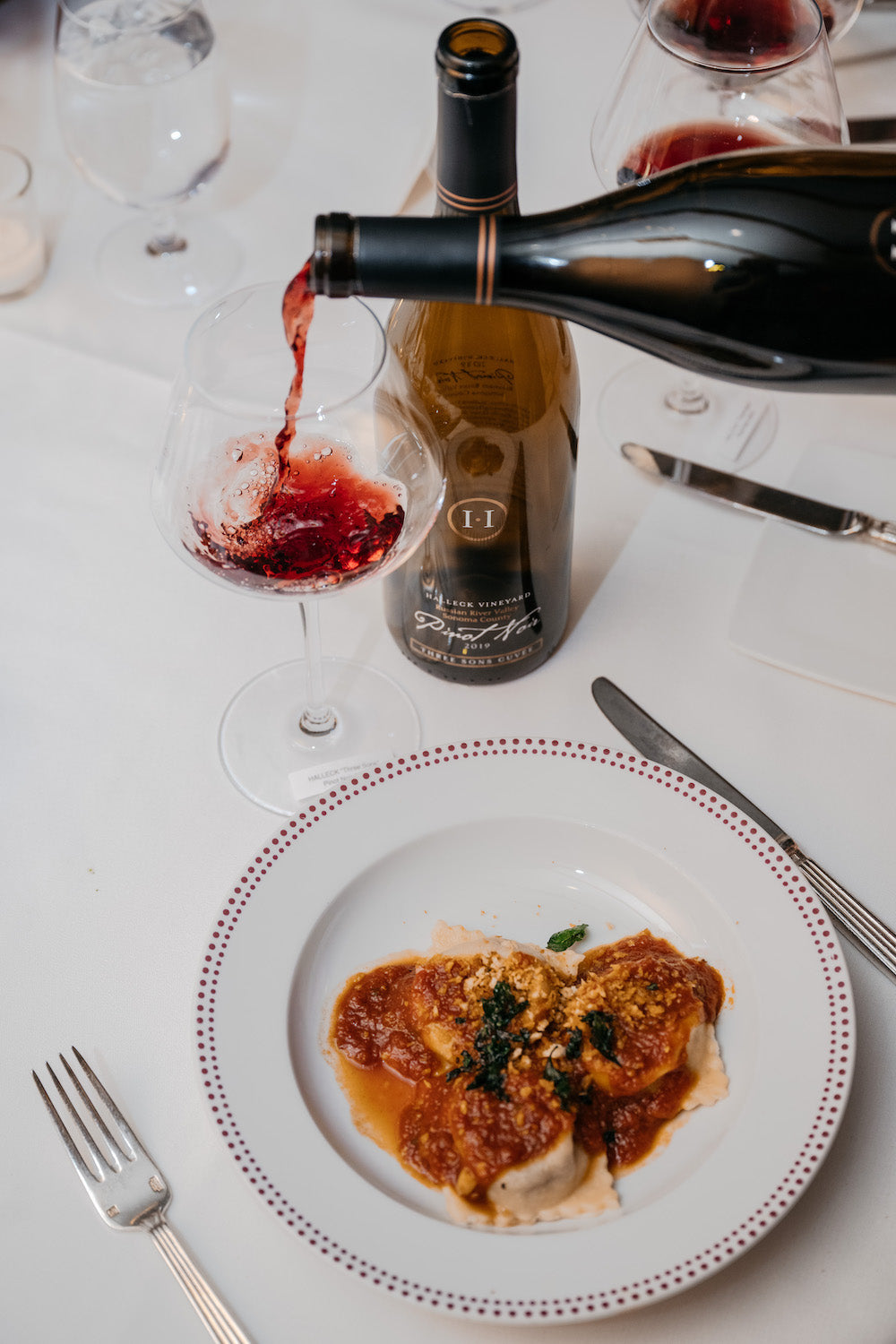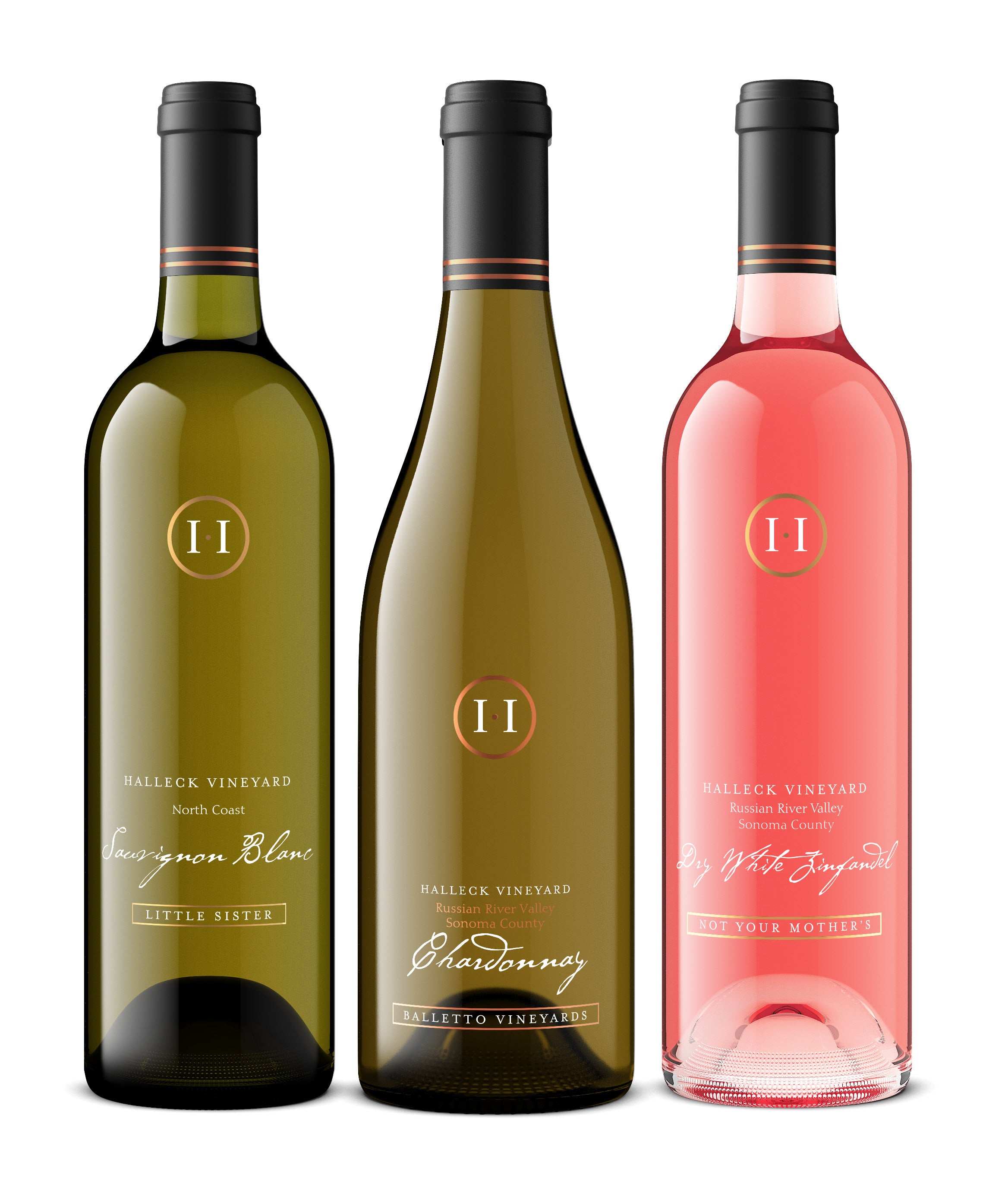Wineries Located Near Russian River Valley - Wineries Near Sebastopol For Tasting
Wineries Focusing On Single Vineyard Wines - Sonoma Wine Culture
Wine tasting is usually regarded as an art kind, one that goes past merely enjoying a beverage. It embraces a fancy interplay of flavors, aromas, and textures that requires devoted practice to truly master. Many who enterprise into the world of wine tasting shortly notice that it includes rather more than just sipping wine. Improving sensory skills via dedicated winery wine tasting can elevate the experience, remodeling an off-the-cuff ingesting occasion into a classy exploration of the senses.
At a fundamental level, wine tasting engages the senses of sight, odor, style, touch, and even sound. Every component plays a vital role in appreciating the nuances of a wine. When one first pours a glass of wine, the rich hues can present initial insights into its age and varietal. Observing the colour and readability helps type expectations about the wine's flavor profile. Many don’t fully appreciate how this visible assessment can set the stage for what's to comply with.
The next step is to have interaction the sense of smell. Swirling the glass aerates the wine, allowing its risky compounds to flee and fill the air with its bouquet. The nostril entails some fascinating layers—different aromas can signal various elements of the winemaking course of, together with the kind of grapes used, fermentation strategies, and getting older conditions. Developing a keen sense of scent could be a game-changer in wine tasting.
Off The Beaten Path Wineries In Sonoma - Enjoying The Best Wineries In Sebastopol
To improve this sensory skill, wine enthusiasts are often inspired to participate in dedicated tastings at wineries. These tastings enable individuals to focus solely on the sensory experience (Wineries Ideal For Romantic Getaways). Tasting sessions led by knowledgeable sommeliers or winemakers can provide insights into identifying distinct aromas. Studying to differentiate between floral, fruity, earthy, and spicy notes can empower a taster to articulate their experience with larger precision.
As one practices their sensory talents, they might discover that their style preferences evolve. This transformation often happens after a number of tastings. A wine that originally seemed overwhelming may reveal hidden layers of complexity with a bit of experience. Understanding tips on how to isolate particular person flavors corresponding to acidity, sweetness, bitterness, and umami contributes substantially to the general wine experience.
One Other important element in bettering sensory skills is the context by which wine is tasted. Environmental components like temperature, lighting, and even the corporate present can influence perceptions. At a winery, an optimal setting can cut back distractions and allow a more profound exploration of the wine (Wine Tasting Trails In Sonoma Valley). Practicing aware tasting techniques encourages a more immersive experience, permitting tasters to hone in on their senses.
It isn't solely about particular person perception, although. Engaging with others throughout a tasting can also enhance sensory skills. Sharing notes and discussing impressions fosters a deeper understanding of the wine. This collaborative method encourages individuals to articulate their sensory experiences, thereby broadening their linguistic repertoire associated to wine tasting.
Wineries That Offer Dog Friendly Areas - The Beauty Of Sebastopol Wineries
Moreover, pairing wine with food can significantly enhance the tasting experience. Completely Different mixtures can convey out unique flavors in each the wine and the dish. As one tastes a wine alongside specific foods, they'll start to recognize how sure parts in the wine complement or distinction with what they are consuming. This skill of pairing is one other layer that enriches sensory development.
Coaching one’s palate can involve a wide selection of exercises. Some enthusiasts have interaction in systematic tasting experiences, sampling a variety of wines that showcase different varietals, regions, or vintages. Exploring this diversity can sharpen the power to discern nuances across completely different wine profiles. Over time, this practice builds a mental see this site library of flavors that may be accessed throughout future tastings.
Notably, written notes serve a dual function: organizing one’s thoughts and reinforcing reminiscence. By writing down observations about each wine, tasters can observe their progress over time. Detailing the characteristics of wines assists in solidifying data, finally deepening one’s appreciation of what they devour.
Furthermore, attending workshops or classes focused on sensory analysis may also be helpful. Many wineries supply these academic packages to assist individuals refine their skills. Typically, skilled instructors guide participants through structured tastings, specializing in particular parts of the wine. This level of training reinforces the sensory skills asynchronously and challenges tasters to consider their experiences from totally different angles.
Vineyard Picnic Spots In Sonoma Valley - Sonoma's Premier Wine Tasting Events

Over time, the commitment to improving sensory skills through devoted winery wine tasting can yield significant rewards. The enjoyment derived from wine becomes layered and multifaceted. No longer limited to a simple choice for "purple" or "white," tasters start to understand the tales behind every pour. They domesticate a palette capable of navigating the complicated landscape of flavors with confidence.
In conclusion, the journey of enhancing sensory skills via dedicated winery wine tasting is as rewarding as it is enjoyable. It requires focus, commitment, and a willingness to learn, but the outcomes far exceed the initial effort. By engaging multiple senses and participating in thoughtful discussions, individuals not solely become more proficient at identifying flavors but in addition develop a deeper appreciation for the craftsmanship behind each bottle. The process transforms wine from a mere beverage right into a wealthy tapestry of sensory exploration that beckons enthusiasts to delve deeper. As skills improve, so too does the enjoyment, enriching life experiences one sip at a time.
Charming Wineries With Views In Sonoma Valley - Sebastopol Area Wine Tasting
- Engaging the palate via various wine varieties enhances the flexibility to tell apart flavors and aromas, refining general sensory notion.
- Taking Part in guided tastings promotes focused attention on delicate traits of every wine, nurturing important tasting skills.
- Studying to identify specific grape varieties fosters a deeper understanding of terroir, which aids in recognizing regional flavor profiles.
- Incorporating food pairings during tastings can heighten sensory consciousness, as completely different tastes can influence each other and alter perceptions.
- Practicing the art of swirling and nosing wines permits people to attach olfactory cues with taste, bettering the ability to articulate sensory experiences.
- Attending workshops that emphasize blind tastings trains individuals to rely purely on their senses quite than preconceived notions, enhancing objectivity.
- Elevating sensory skills can result in higher wine selection skills, empowering individuals to make informed decisions primarily based on personal preferences.
- Participating with educated sommeliers presents insights into wine-making processes, which deepens sensory appreciation and enhances vocabulary for describing wines.
- Common participation in tastings encourages memory growth of flavors and aromas, aiding in the formation of a personalised sensory profile over time.
- Sharing tasting experiences with peers fosters dialogue, selling communal learning that can improve particular person sensory skills via collaboration.undefinedWhat is the purpose of improving sensory skills through wine tasting?

Bettering sensory skills by way of wine tasting permits individuals to enhance their capacity to establish and appreciate the assorted aromas, flavors, and textures of wine. This heightened sensory consciousness can result in a deeper understanding of wine and an general enriched tasting experience.
Wineries With Outdoor Seating - Local Wineries In Sebastopol
How can navigate to this website I develop my sensory skills at a winery?
You can develop your sensory skills at a winery by participating in guided tasting sessions that target specific varietals. Interact with knowledgeable staff who can provide insights and encourage you to take notes on your impressions, enhancing each your observational and descriptive skills.
What ought to I count on throughout a dedicated wine tasting experience?
Wineries With Breathtaking Gardens In Sonoma - Wineries With Outdoor Tastings In Sebastopol
Throughout a dedicated wine tasting experience, expect to sample a choice of wines whereas receiving focused training about each. You May be taught in regards to the winemaking process, tasting techniques, and how to discern different sensory characteristics, all in a relaxed surroundings.
Is prior knowledge of wine essential to benefit from a sensory skills workshop?
- Vintage Wine Tasting Experiences In Sebastopol
No prior data of wine is important; the workshops are designed for all ranges of experience. Beginners will find priceless information to construct from, whereas seasoned tasters can refine their skills and expand their palate even additional.
How do sensory skills impression my overall wine appreciation?
Wineries With Educational Tours In Sonoma - Sebastopol Area Wine Tasting
Enhancing sensory skills significantly enhances your total wine appreciation by permitting you to identify subtleties and complexities in wines. This deeper understanding enriches your tasting experience and helps you make knowledgeable choices based on personal preferences.
Are there particular techniques I should use whereas tasting wine to improve my sensory skills?
Wineries Near Highway 12 - Sonoma Valley Vineyards And Wine Tasting
Sure, using techniques such as the "SWOT" technique (Sight, Swirl, Odor, Sip, Savor) can be beneficial. Pay attention to the wine's look, aromatics, and mouthfeel, and take your time with every sip to totally discover the flavors and sensations.
What kind of wines are sometimes included in sensory skills tastings?
Typically, sensory skills tastings embody a big selection of wines that showcase totally different regions, varietals, and styles. This range helps individuals identify distinct traits and enhances their capability to differentiate between wines.
Can sensory skills workshops be personalized to my tasting interests?
Wineries Offering Elegant Wine Tastings - Sonoma Vineyards To Explore
Many wineries supply personalized options for sensory skills workshops, allowing you to focus on specific types of wines or themes that interest you, such as organic wines or distinctive regional choices. It Is greatest to inquire immediately with the winery for tailored experiences.
Is there a method to practice sensory skills after leaving the winery?
Yes, you possibly can practice your sensory skills at home by tasting different wines and preserving a tasting journal. Experimenting with varied food pairings and aromatics can additional enhance your understanding of how flavors interact, reinforcing the skills gained on the winery.